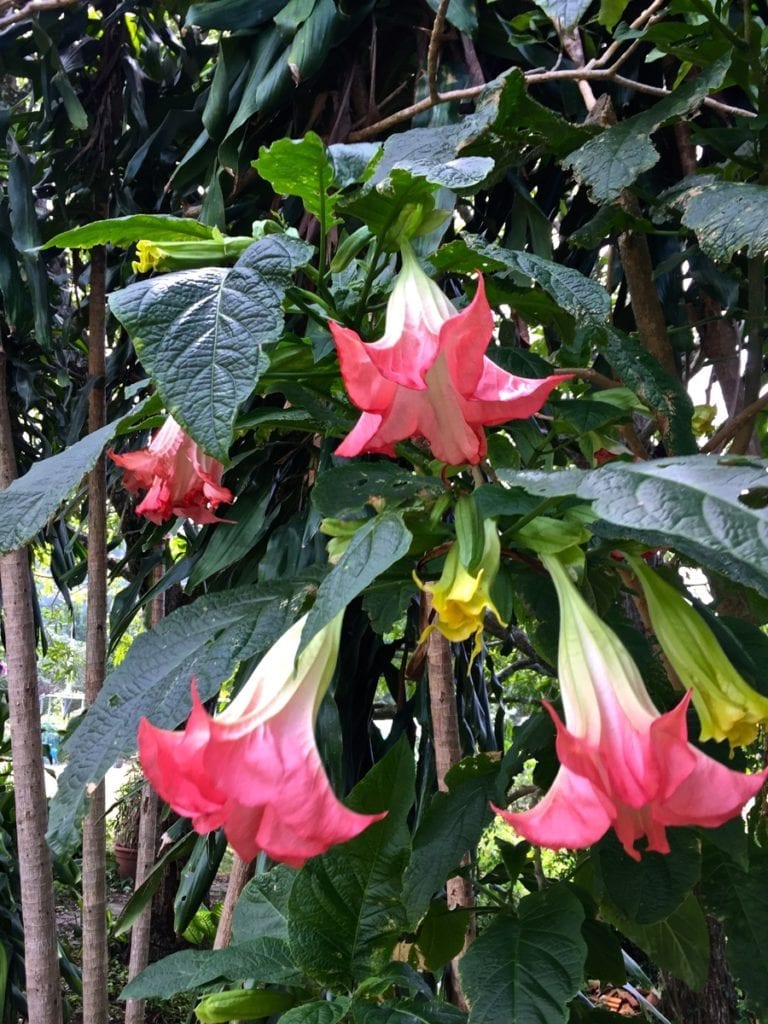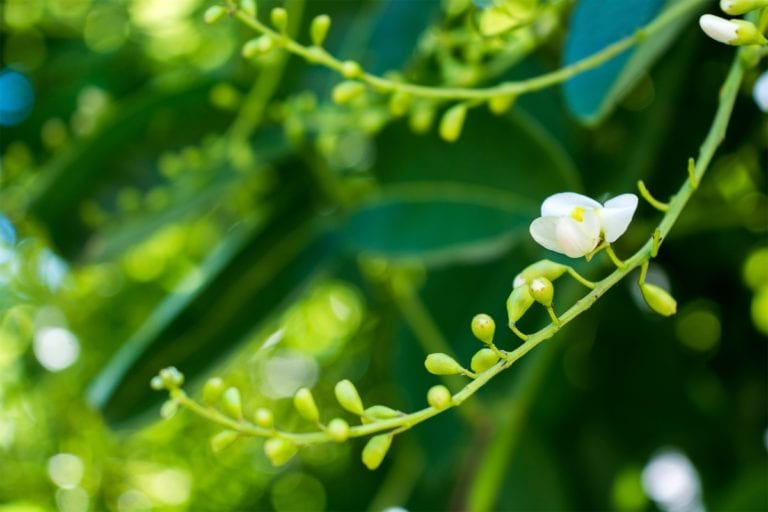694th Week: Practicing Mutual Empowerment
Over the course of the past year, it has disheartened me to see how many people on Facebook and in other social media contexts have become comfortable using language that is attacking rather than curious, inviting, clarifying, or compassionate. Not only are the words being used distressing through their intention to diminish or humiliate other people, but the anger inherent in these posts—anger that doesn’t suggest solutions or options—is decidedly jarring.
In my years of teaching about trauma resolution, I’ve drawn on something one of my dear friends and teachers taught me many years ago…It was the distinction between a power model that encompasses only two options—power over or overpowered—and a mutual empowerment model that affirms that one person’s power in no way diminishes the power of anyone else. My natural tendency has always been to engage in mutual empowerment, and learning about it made it an even more dynamic and deliberate part of my practice of living consciously.
I’ve also spent many years helping psychotherapy clients notice how comparing themselves to others almost always leads to suffering, given that there will nearly always be people who are better at something than any of us and there will always be people who are lacking in some of the things that come easily to each of us. I also encourage clients to be aware of the internal cost of the habit of taking things personally. Both comparing and taking things personally come vividly to mind as I write about mutual empowerment, as these two ways of perceiving the world make it very challenging and difficult to truly wish others well.
For this week’s experiment, I invite you to explore your relationship with the concept and dynamics of mutual empowerment. Within this context, there is an implicit invitation to honor and support the empowerment of others because their accomplishments—the admiration, praise, and popularity they generate—in no way detract from those of anyone else. For example, if a colleague of mine offers a workshop where members of my immediate clinical community find a great deal of inspiration and learning, that in no way diminishes any future workshops I may offer. If a friend receives an invitation to go to a wonderful event on a given weekend, that doesn’t take away from whatever I may be doing or say anything negative about me if I don’t happen to have plans.
The compassion-based practice of lovingkindness invites us to remember that all beings want the same thing—to be free from suffering and to be happy, no matter how different we may be from one another. A stance of mutual empowerment supports this fundamental recognition of how we all seek the same kind of freedom from fear, hunger, oppression, etc., and reinforces the basic assumption that we lose nothing when we empower others.
Be sure to allow any mixed feelings that arise to come into awareness, as most of us have past hurts that touch into these power dynamics. Mixed feelings often represent unexpected invitations to healing, an important way we can become aware of wounds we may not have realized are still active in us.
And, as with all these practices, please remember to bring along curiosity as your constant companion and pat judgments gently on the head as they arise, move through, and move on.





